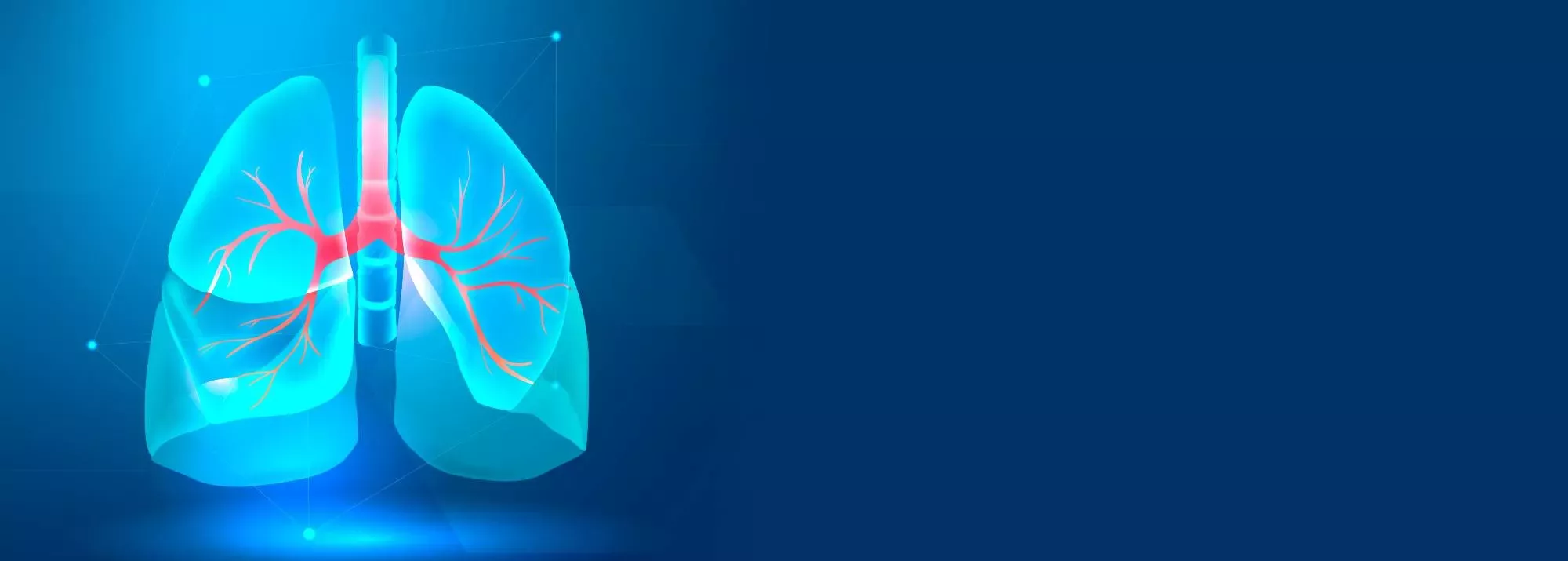THOUSAND OAKS, Calif., Oct. 7, 2021 /PRNewswire/ — Amgen (NASDAQ: AMGN) today announced new combination study results from the Phase 1b CodeBreaK 101 study, a comprehensive global master protocol trial evaluating the safety and efficacy of LUMAKRAS™ (sotorasib), the first and only approved KRASG12C inhibitor, in more than 10 different investigational combination regimens for the treatment of patients with KRAS G12C-mutated cancers. Results from two arms of the study — LUMAKRAS with afatinib, a pan-ErbB tyrosine kinase inhibitor, and LUMAKRAS with trametinib, a mitogen-activated protein kinase inhibitor (MEKi) — will be presented at the plenary session titled ‘Drugging Difficult Targets’ during the AACR-NCI-EORTC 2021 Virtual International Conference on Molecular Targets and Cancer Therapeutics on Saturday, Oct. 9, 2021.
“A critical component of cancer drug development is to interrogate multiple pathways to understand whether different combinations can meaningfully advance cancer care. For this reason, Amgen has undertaken the broadest and most comprehensive global clinical development program for patients with the KRAS G12C mutation, exploring multiple combinations that will allow us to understand where we can best serve patients,” said David M. Reese, M.D., executive vice president of Research and Development at Amgen. “Consistent with our master protocol clinical trial design, which allows us to rapidly add, expand or remove cohorts to quickly understand what combinations work best for patients, Amgen will take these afatinib and trametinib results into account as we prioritize which combinations to move forward within our comprehensive LUMAKRAS development program. We look forward to presenting additional data, including PD-1 and SHP2 combination datasets, in the coming months.”
LUMAKRAS in Combination with Afatinib (Abstract LBA6581)
The LUMAKRAS and afatinib combination arm enrolled 33 heavily pre-treated patients with KRAS G12C-mutated non-small cell lung cancer (NSCLC), including five patients previously treated with LUMAKRAS monotherapy. Ten patients received 20 mg of afatinib/960 mg of sotorasib (cohort 1; 4 patients with prior LUMAKRAS experience) and 23 patients received 30 mg of afatinib/960 mg of sotorasib (cohort 2; 1 patient with prior LUMAKRAS experience). The objective response rate (ORR) was 20% in cohort 1 and 35% in cohort 2, and the disease control rate was 70% and 74% in the two cohorts, respectively.
The most common treatment-related adverse events (TRAEs) for this study were diarrhea, nausea, and vomiting. TRAEs of grade 3 occurred in 30% of patients in both dose groups with diarrhea being the most common.
LUMAKRAS in Combination with Trametinib (Abstract LBA6580)
In CodeBreaK 101, the combination of LUMAKRAS and trametinib showed antitumor activity in heavily pre-treated patients with KRAS G12C-mutated solid tumors, including those with prior KRASG12C inhibitor treatment. A total of 41 patients were enrolled in the Phase 1b study with 18 patients with NSCLC, 18 patients with colorectal cancer (CRC) and five patients with other solid tumors. The maximum tolerated dose tested was 2 mg trametinib/960 mg sotorasib administered daily.
In patients with CRC who were KRASG12C inhibitor naïve, 9% achieved partial response (1 of 11), and 82% achieved disease control (9 of 11). In patients who were previously treated with a KRASG12C inhibitor, 14% achieved partial response (1 of 7), and 86% achieved disease control (6 of 7).
In patients with NSCLC who were KRASG12C inhibitor naïve, 20% achieved partial response (3 of 15) and 87% achieved disease control (13 of 15). In patients who were previously treated with a KRASG12C inhibitor, 67% achieved disease control (2 of 3).
The most common TRAEs for this study were diarrhea, rash, dermatitis acneiform, nausea and vomiting. No new safety concerns were identified.
About LUMAKRASTM (sotorasib)
Amgen took on one of the toughest challenges of the last 40 years in cancer research by developing LUMAKRAS, a KRASG12C inhibitor.1 LUMAKRAS has demonstrated a positive benefit-risk profile with rapid, deep and durable anticancer activity in patients with locally advanced or metastatic non-small cell lung cancer (NSCLC) harboring the KRAS G12C mutation with a once daily oral formulation.2
In May 2021, LUMAKRAS was the first KRASG12C inhibitor to receive regulatory approval anywhere in the world with its approval in the U.S., under accelerated approval. LUMAKRAS is also approved in the United Arab Emirates, and in Canada and Great Britain under Project Orbis.
Amgen is progressing the largest and broadest global KRASG12C inhibitor development program with unparalleled speed and exploring more than 10 sotorasib combination regimens, including triplets, with clinical trial sites spanning five continents. To date, LUMAKRAS has treated over 3,000 patients around the world through the clinical development program and commercial use.
In the U.S., LUMAKRAS was reviewed by the FDA under its Real-Time Oncology Review (RTOR), a pilot program that aims to explore a more efficient review process that ensures safe and effective treatments are made available to patients as early as possible. Amgen is participating in the FDA’s Project Orbis initiative and through the initiative, has Marketing Authorization Applications (MAAs) for sotorasib in review in Australia and Brazil. Additionally, Amgen has submitted an MAA in the European Union, Japan, Switzerland, South Korea, Singapore, Israel, Turkey, Taiwan, Colombia, Thailand, Mexico and Hong Kong.
LUMAKRAS is also being studied in multiple other solid tumors.1
About CodeBreaK
The CodeBreaK clinical development program for Amgen’s drug sotorasib is designed to treat patients with an advanced solid tumor with the KRAS G12C mutation and address the longstanding unmet medical need for these cancers.
CodeBreaK 100, the Phase 1 and 2, first-in-human, open-label multicenter study, enrolled patients with KRAS G12C-mutant solid tumors. Eligible patients must have received a prior line of systemic anticancer therapy, consistent with their tumor type and stage of disease. The primary endpoint for the Phase 2 study was centrally assessed objective response rate. The Phase 2 trial in NSCLC enrolled 126 patients, 124 of whom had centrally evaluable lesions by RECIST at baseline. The Phase 2 trial in colorectal cancer (CRC) is fully enrolled and results have been submitted for publication.
A global Phase 3 randomized active-controlled study comparing sotorasib to docetaxel in patients with KRAS G12C-mutated NSCLC (CodeBreaK 200) has completed enrollment. Amgen also has several Phase 1b studies investigating sotorasib monotherapy and sotorasib combination therapy across various advanced solid tumors (CodeBreaK 101) open for enrollment. A Phase 2 randomized study will evaluate sotorasib in patients with stage IV KRAS G12C-mutated NSCLC in need of first-line treatment (CodeBreaK 201).
For information, please visit www.hcp.codebreaktrials.com.
LUMAKRASTM (sotorasib) U.S. Indication
LUMAKRASTM is indicated for the treatment of adult patients with KRAS G12C-mutated locally advanced or metastatic non-small cell lung cancer (NSCLC), as determined by an FDA-approved test, who have received at least one prior systemic therapy.
This indication is approved under accelerated approval based on overall response rate (ORR) and duration of response (DOR). Continued approval for this indication may be contingent upon verification and description of clinical benefit in a confirmatory trial(s).
LUMAKRAS™ (sotorasib) Important Safety Information
Hepatotoxicity
- LUMAKRAS™ can cause hepatotoxicity, which may lead to drug-induced liver injury and hepatitis.
- Among 357 patients who received LUMAKRAS™ in CodeBreaK 100, hepatotoxicity occurred in 1.7% (all grades) and 1.4% (Grade 3). A total of 18% of patients who received LUMAKRAS™ had increased alanine aminotransferase (ALT)/increased aspartate aminotransferase (AST); 6% were Grade 3 and 0.6% were Grade 4. In addition to dose interruption or reduction, 5% of patients received corticosteroids for the treatment of hepatotoxicity.
- Monitor liver function tests (ALT, AST and total bilirubin) prior to the start of LUMAKRAS™, every 3 weeks for the first 3 months of treatment, then once a month or as clinically indicated, with more frequent testing in patients who develop transaminase and/or bilirubin elevations.
- Withhold, dose reduce or permanently discontinue LUMAKRAS™ based on severity of adverse reaction.
Interstitial Lung Disease (ILD)/Pneumonitis
- LUMAKRAS™ can cause ILD/pneumonitis that can be fatal. Among 357 patients who received LUMAKRAS™ in CodeBreaK 100, ILD/pneumonitis occurred in 0.8% of patients, all cases were Grade 3 or 4 at onset, and 1 case was fatal. LUMAKRAS™ was discontinued due to ILD/pneumonitis in 0.6% of patients.
- Monitor patients for new or worsening pulmonary symptoms indicative of ILD/pneumonitis (e.g., dyspnea, cough, fever). Immediately withhold LUMAKRAS™ in patients with suspected ILD/pneumonitis and permanently discontinue LUMAKRAS™ if no other potential causes of ILD/pneumonitis are identified.
Most Common Adverse Reactions
- The most common adverse reactions ≥ 20% were diarrhea, musculoskeletal pain, nausea, fatigue, hepatotoxicity and cough.
Drug Interactions
- Advise patients to inform their healthcare provider of all concomitant medications, including prescription medicines, over-the-counter drugs, vitamins, dietary and herbal products.
- Inform patients to avoid proton pump inhibitors and H2 receptor antagonists while taking LUMAKRAS™.
- If coadministration with an acid-reducing agent cannot be avoided, inform patients to take LUMAKRAS™ 4 hours before or 10 hours after a locally acting antacid.
Please see LUMAKRASTM full Prescribing Information.
For More Information Click Here





